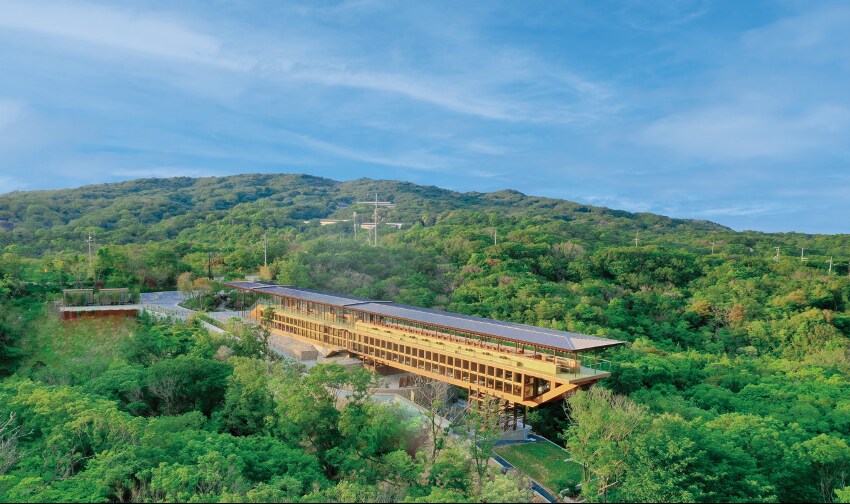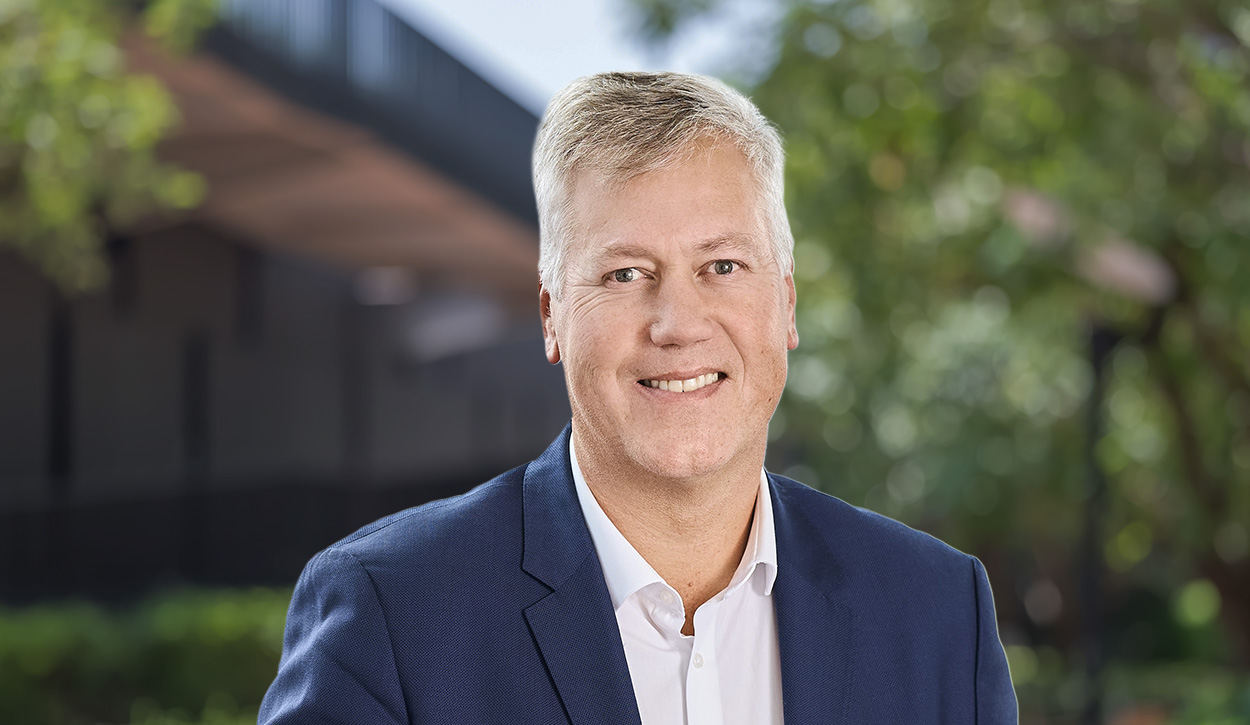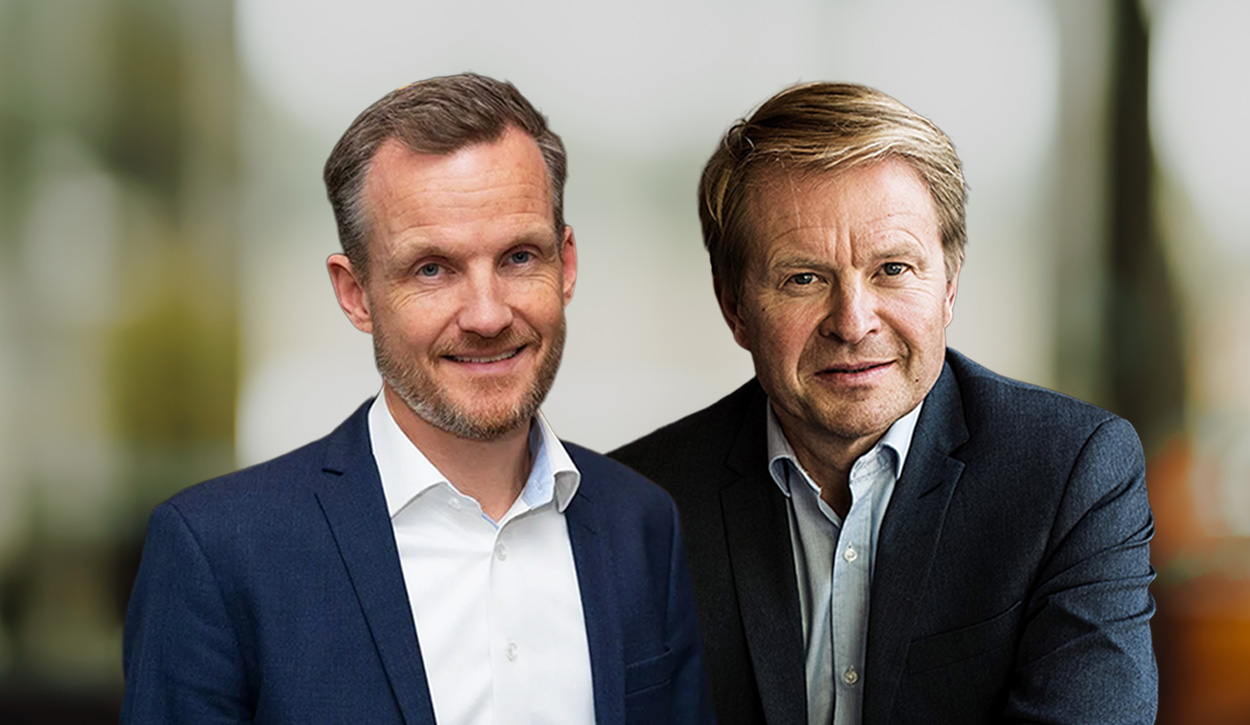
Pasona: Well-being through regional revitalization
Pasona Group, a Japan-based human resources company, is committed to driving social change through business and supporting individuals to find “ikigai” (fulfillment) through work. The company has promoted flexible work and equitable workplaces and created employment opportunities for minorities. Pasona now wanted to tackle the overconcentration of population and businesses in Tokyo and the related decline of rural areas; both issues raised questions of well-being and sustainability. In response, Pasona moved its headquarters from Tokyo to Awaji Island, setting up sales and back-office operations for its core business and launching the “Regional Revitalization” initiative. Employees who moved from Tokyo to Awaji said that their lives became more sustainable, and their well-being improved. On the other hand, some Tokyo-based employees chose not to relocate, worried that boundaries between work and personal life would be blurred. Pasona was also criticized for its tourism-oriented and corporate-driven approach to local development, while the local government of Awaji appreciated the increase in the population and tax revenue that Pasona had brought. As Pasona sought to expand its “regional revitalization” model throughout Japan and attract more local governments to partner with the company, it needed to rethink its strategy to develop its original model in Awaji into a more powerful showcase that would lead to a more decentralized and sustainable society while ensuring the well-being of its own employees.
- Understand corporate social responsibility: the costs and benefits of regional revitalization and decentralization (e.g. through exploration of moving a company’s HQ to a rural community).
- Discuss employee well-being: various factors that influence employee well-being, including the external environment, such as the company’s location and its role in promoting and protecting employee well-being.
- Reflect on ikigai and corporate purpose: the Japanese concept of ikigai, and how it can underpin company strategy and enhance employee motivation.
- Analyze issues related to the evolving role and responsibility of a company in ensuring the well-being of its employees and the broader community.
- Critically reflect on benefits and risks of concentrated versus distributed economy, and what companies can do to achieve a healthy balance.
Pasona Group, Business Management Services, Human Resources
2000-2024
Cranfield University
Wharley End Beds MK43 0JR, UK
Tel +44 (0)1234 750903
Email [email protected]
Harvard Business School Publishing
60 Harvard Way, Boston MA 02163, USA
Tel (800) 545-7685 Tel (617)-783-7600
Fax (617) 783-7666
Email [email protected]
NUCB Business School
1-3-1 Nishiki Naka
Nagoya Aichi, Japan 460-0003
Tel +81 52 20 38 111
Email [email protected]
IMD retains all proprietary interests in its case studies and notes. Without prior written permission, IMD cases and notes may not be reproduced, used, translated, included in books or other publications, distributed in any form or by any means, stored in a database or in other retrieval systems. For additional copyright information related to case studies, please contact Case Services.
Research Information & Knowledge Hub for additional information on IMD publications

Rethinking sustainability at Bayer, Daniel Schneiders shows how shifting team ownership and decision-making drives lasting impact across the company.

Climate risk is financial risk and delaying action only increases costs. Despite backlash, the shift to a cleaner energy future must accelerate.

Future-ready organizations that focus on the energy transition and accelerate along with it will reap the benefits.
The Tropical Landscapes Finance Facility Sustainability Bond (TLFF I) was initially celebrated as a best-in-class example of sustainable finance. Issued in 2018, this $95 million financial instrument aimed to create a promising future: sustainable...

ABB CEO Morten Wierod on leaner cleaner strategy, electrification, automation, robotics, AI, digital transformation, sustainability, leadership.

ABB CEO Morten Wierod on leaner cleaner strategy, electrification, automation, robotics, AI, digital transformation, sustainability, leadership.

How Maersk is rewriting the rules of shipping decarbonization – through collaboration, purpose, and placing big bets on the fuels of the future.

Kärcher turns complex environmental and social regulations into ambitious ESG objectives, integrating them into a forward-looking business strategy.

Breitling luxury ESG strategy, sustainability in luxury watches, artisanal and small-scale gold, lab-grown diamonds, supply chain transparency, Gen Z, value creation.

The energy dilemma forces leaders to balance price, sustainability and supply security—revealing how resilient and agile their organizations truly are.
in I by IMD
Research Information & Knowledge Hub for additional information on IMD publications
in I by IMD
Research Information & Knowledge Hub for additional information on IMD publications
in I by IMD
Research Information & Knowledge Hub for additional information on IMD publications
Research Information & Knowledge Hub for additional information on IMD publications
Research Information & Knowledge Hub for additional information on IMD publications
Research Information & Knowledge Hub for additional information on IMD publications
Research Information & Knowledge Hub for additional information on IMD publications
in I by IMD
Research Information & Knowledge Hub for additional information on IMD publications
Research Information & Knowledge Hub for additional information on IMD publications
Research Information & Knowledge Hub for additional information on IMD publications

